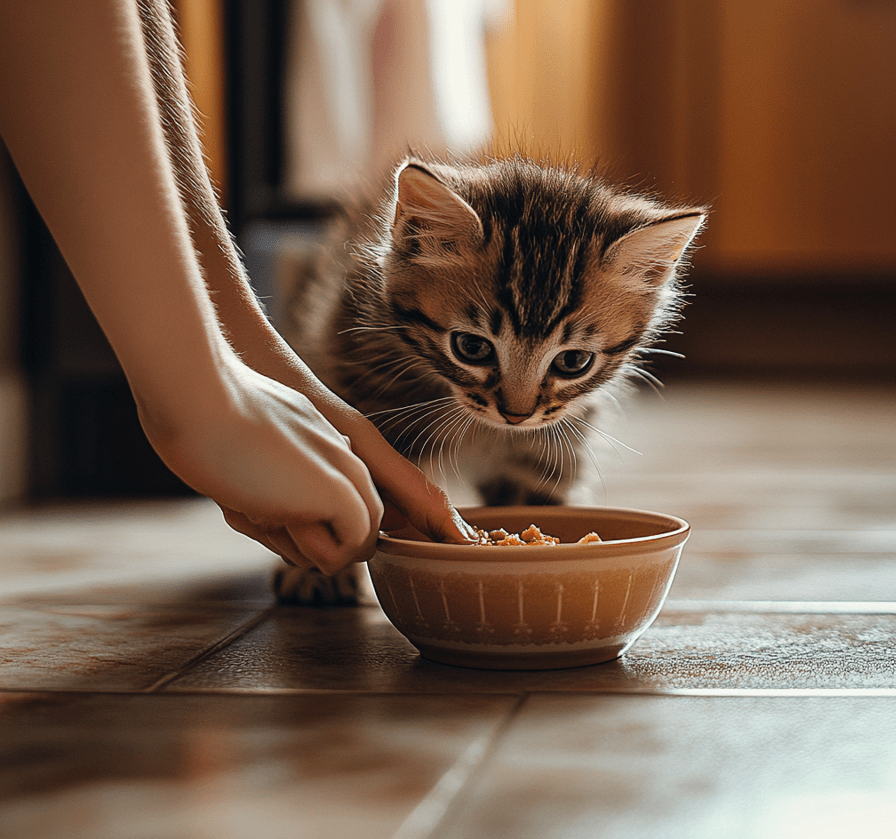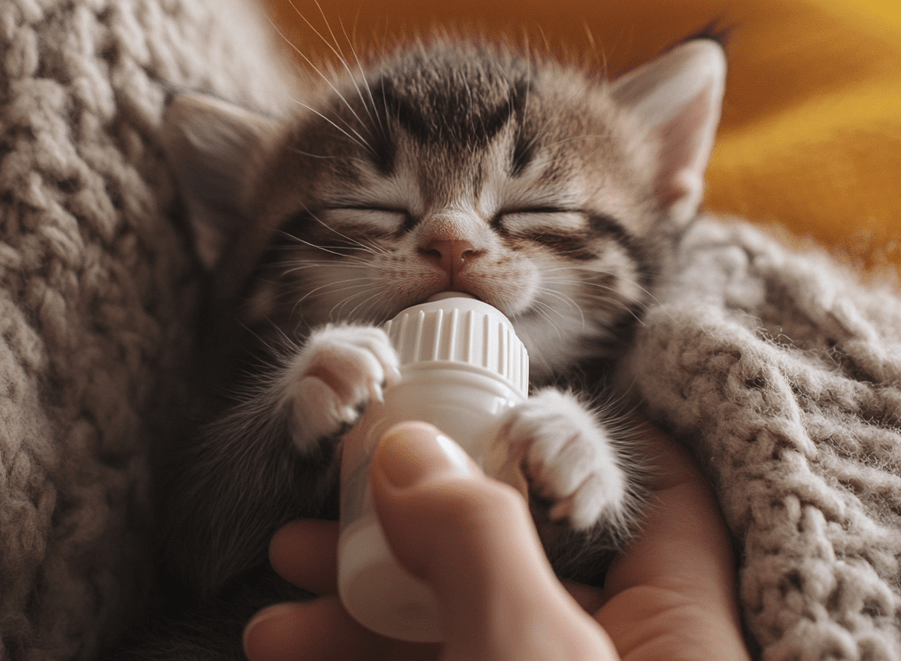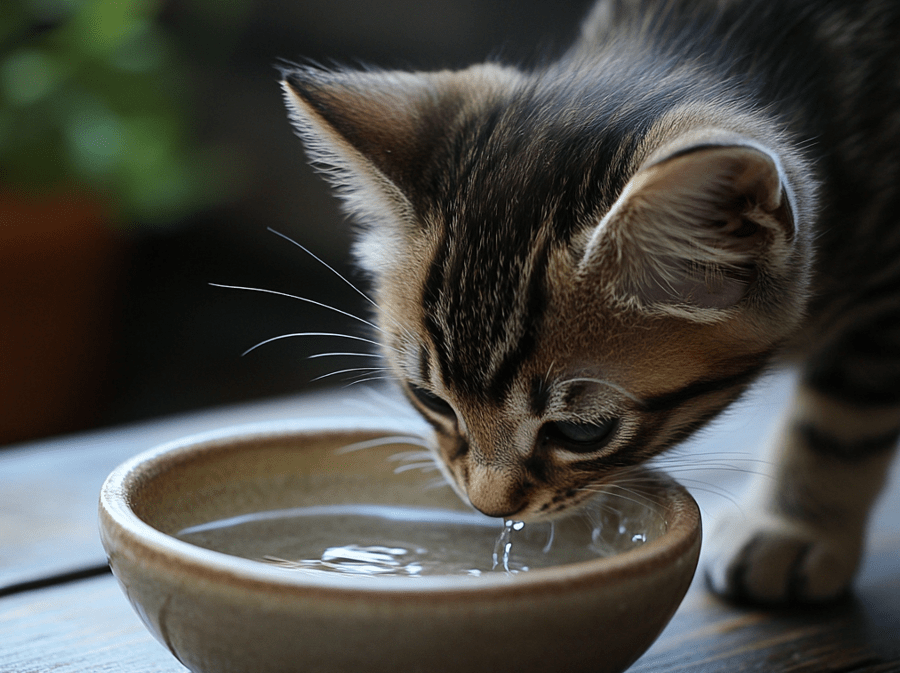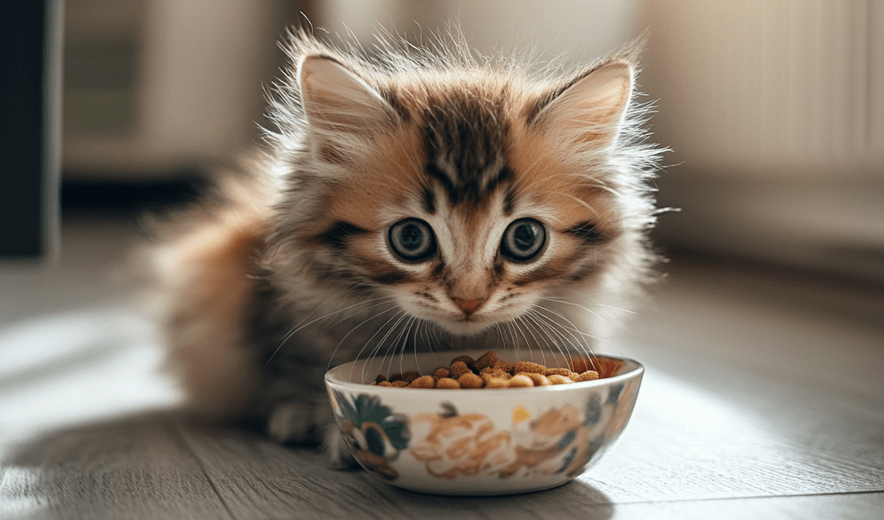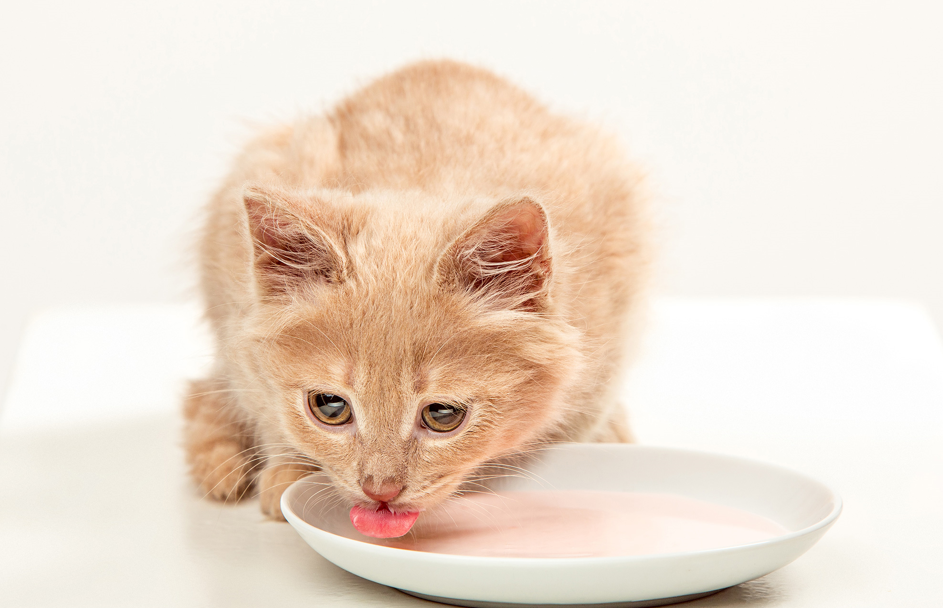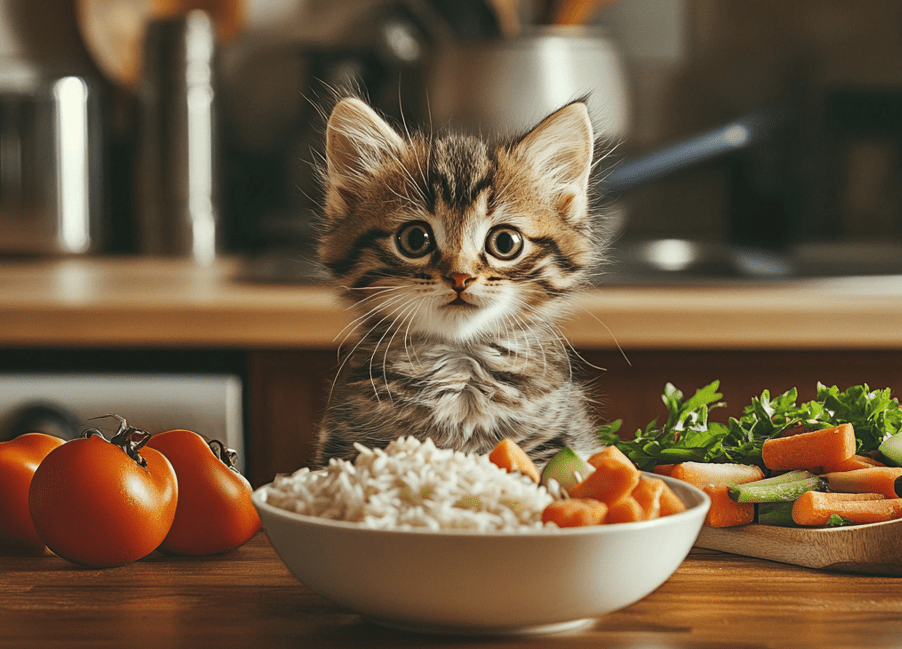
Homemade kitten food is very beneficial for the kitten because it can provide high moisture and protein and low amount of carbohydrates. Kittens can easily digest this type of homemade food. A balanced diet rich in proteins, fats, carbohydrates, vitamins and minerals is very necessary for the growth and development of a kitten’s health. Homemade kitten food is healthier than the others because it is full of natural ingredients which provide proper nutrition and prevent from many health problems. Early stage of life is very sensitive for kitten’s health so you should have more careful about food in this period. But if your kitten is used to outdoor food you can consult a vet before giving homemade food. In this article I will share some experts’ opinion about homemade kitten food. Some common problems you may face like-
How the different kinds of kitten food recipes are made in easy ways at home considering with proper nutrients
Which ingredients are more essential and effective for making a balanced died homemade kitten food
What is the different sources of some essential nutrients like taurine and calcium
How can you habituate your kitten with homemade food gradually?
What is the comparison between homemade food and commercial food and which food is more effective, available and cost friendly for your kitten?
From this article you can understand-
The procedure of control your cat’s food ingredients and able to provide fresh food
The ability to provide a diet that fulfills nutritional requirements of your cat more accurately.
The meals for cats that are homemade, are prepared fresh, and enhance the taste and appeal of the food for your cat.
It is crystal clear to you what is used to make meals for your cat and you know exactly what your cat is eating, there are no hidden or undesirable ingredients.
The diet can be tailored to your cat’s specific need including dietary restrictions, allergies, or preferences.
You can set the diet grounded on your cat’s health, weight, or age icing that the diet evolves with their requirements
Essential nutrients for growing kitten:
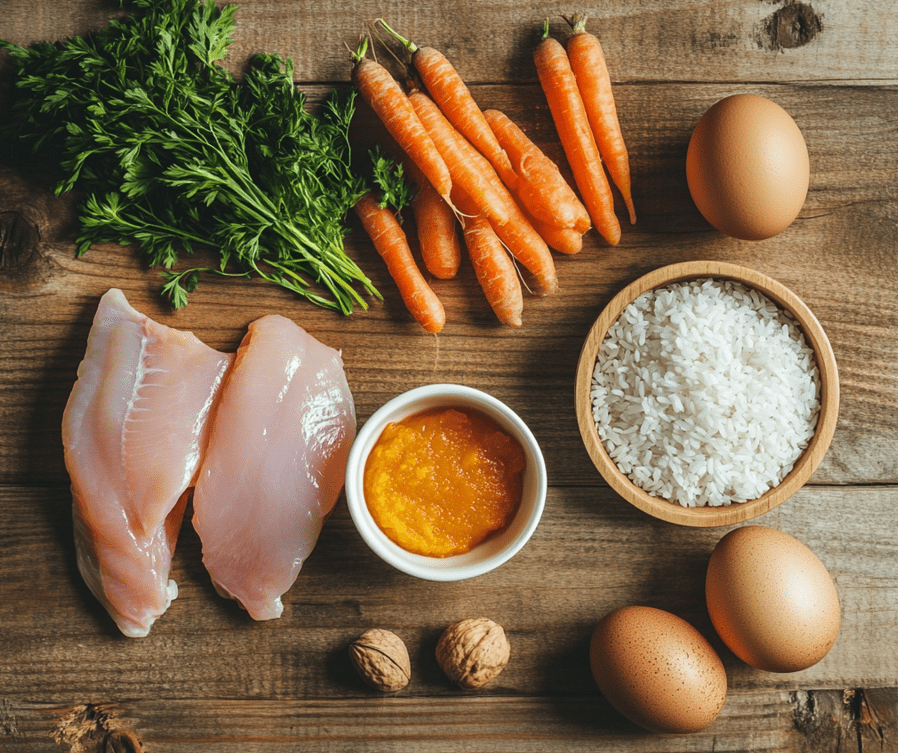
Proper nutrition is very important for the development of kitten health especially during their early stage of life. If you have a kitten you must have to conscious about your kitten food. The food should contain proper amount of essential nutrients. During the early stage of their life, proper amount of nutrition can influence their overall growth and development. The dietary requirements of newborn kitten are different from the adult cats. There are some essential nutrients which must have to include in your kitten diet. Proper balance of proteins, fats, vitamins, minerals, carbohydrate and amino acids (e.g. taurin) is very crucial for the development of your kitten’s growth.
Protein:
Protein is very important element for kitten’s health. It helps to repair their tissues. Kittens need high quality animal protein which contain essential amino acid for repairing their tissues. Taurin is such an amino acid found in animal tissues which helps strengthen heart function, improve eyesight and reproduction. A lack of taurin causes blindness and heart issues.
Fats:
Fats are very necessary elements for kitten foods. It is a concentrated energy source. It provides more energy compared to proteins and carbohydrates. They are also essential for absorbing fat soluble vitamins like vitamin A, D, E and K. It also contains essential fatty acid like omega-3 and omega-6 which is very essential for brain development, neurological development, retinal development and skin health.
Carbohydrates:
Carbohydrates are not as critical as proteins and fats. But carbohydrate plays an important role in digestive system. Lactose is a carbohydrate which found in mother kitten milk. Newborn kitten can easily digest it. But as they grow older they become used to complex carbohydrates.
Vitamins:
Vitamins are crucial for different metabolic processes. There are some important vitamins like vitamin A, D, E, and K is very important for kitten’s health. Vitamin A is essential for vision, immune system and cellular growth. Vitamin D is important for bone development and calcium absorption. Vitamin D acts as antioxidants which supports skin and coat health. And last of all vitamins K is very necessary for blood clotting.
Minerals:
Minerals such as Calcium and Phosphorus are very crucial for teeth and bone development. It prevents bone diseases. Iron is another mineral which helps to produce hemoglobin and hemoglobin carries oxygen in the blood. Magnesium, sodium and potassium are very essential for nerve function and muscle strengthens.
So you need to make sure that these nutrients are in your kitten’s food or your kitten will suffer from various problems. A homemade kitten food can complete these nutrients properly.
There are many advantages of homemade cat food like nutrition control over ingredients, potential health monitoring, cost-effectiveness, etc. There are some procedures and subjects of awareness to benefit from homemade cat food. You can learn more if you read the full article.
.We suggest consulting with a vet dietarian before making a diet chart
The 3 cheapest recipes from the Indo-Asian food market’s perspective and conditions are also provided here.
Let’s drive in deep…
Before making food for your cat, you have to understand its actual nutritional needs. You also have to acquire knowledge about ingredients and their nutrition.
The calcium requirement of growing kittens is higher than in any adult cats, bone meal is recommended in this case.
Cats need to consume 250 grams to 500 grams of taurine daily. Meet is a great source of taurine. But during cooking meat loses taurine content. The liver and heart is the great source of taurine with higher content. For this reason, we love heart & liver so much. You can add supplemented taurine to cover daily needs in your cat’s meal. In the case of the liver, we recommended temperance because too important liver are over time can beget redundant accumulation of vitamin A.
Vitamin B complex test must be added to manual cat food fashions to insure it’s inversely balanced. Use low sodium salt instead of regular salt which will aid your kitty in receiving adequate levels of iodine. Preparing your cat’s food excellent way to maintain control of the ingredients of your cat’s food.
For making homemade food you have to be careful for choosing ingredients and have to avoid toxic elements or ingredients such as onion, garlic, paprika powder, turmeric powder, spice, etc. Avoid fillers, preservatives, and artificial additives commonly found in commercial cat foods. Allergens or specific ingredients your cat might be sensitive to must be avoided.
The recipes you may provide to you cat:
Chicken rice bowl:
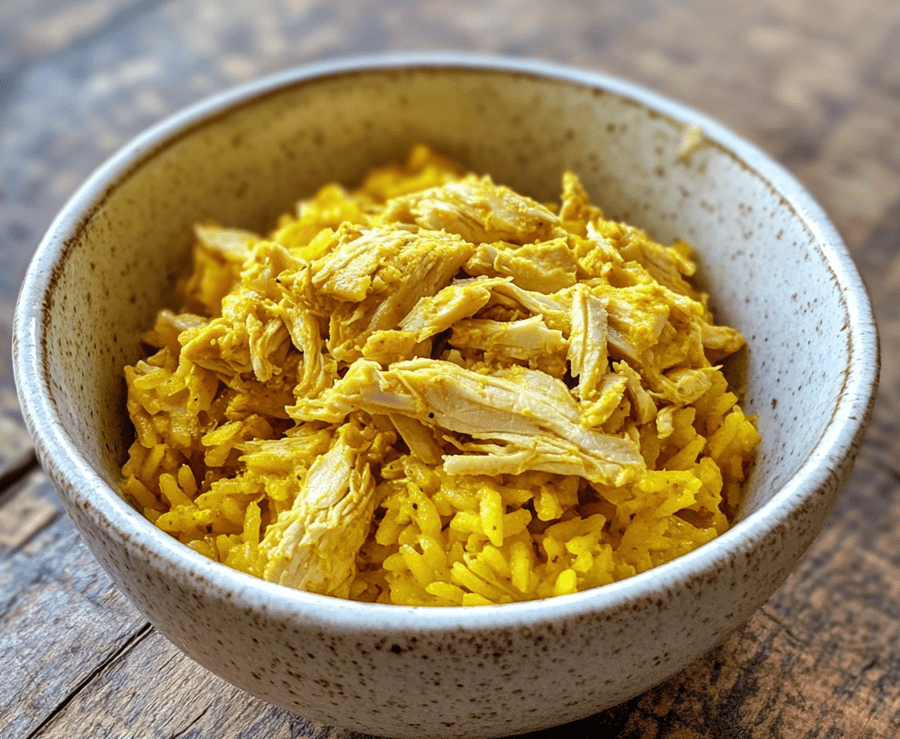
Ingredients:
- Chicken 100 gm.(shredded)
- Rice 50gm
- Cooking Oil 1 tb spoon
- Turmeric powder (just a pinch)
- Salt (just a pinch) and Water
Procedure:
At first take a pan, and pour 350 ml water and boiled all other ingredients together for 30 minutes in high- medium flame with cover. After that cook for 5 minutes in low flame without cover. But be careful about water content. Don’t make the food dry. After that cool the meal and serve it.
Egg-meat fry:
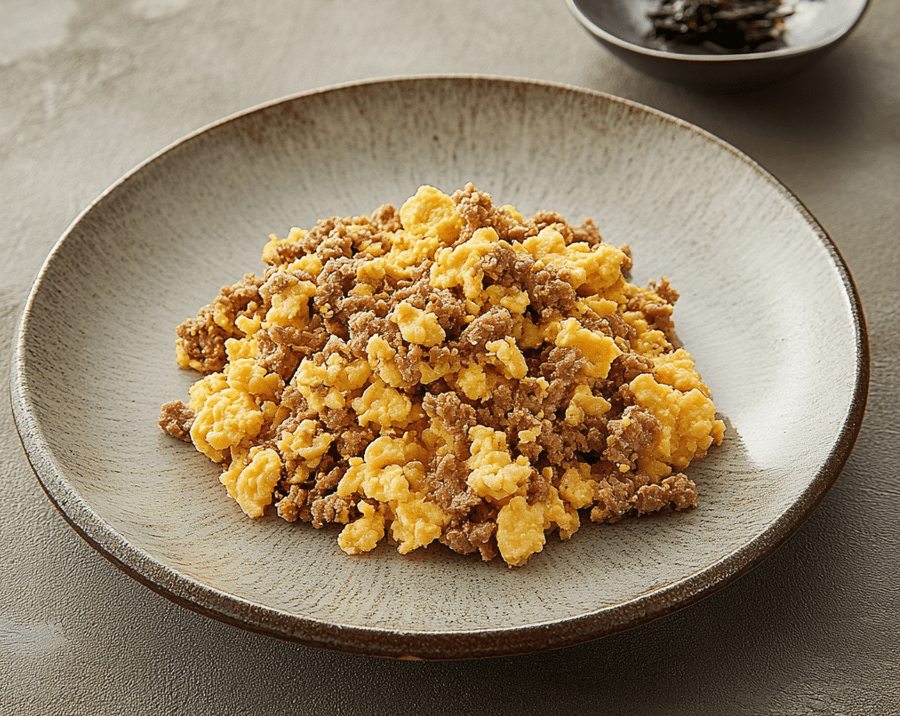
Ingredients:
- Meat (any ground) 500gm
- Egg 1pcs
- Vegetable oil 1tb spoon
- Salt just a pinch
- Eggshell powder 1t spoon
- Dry seaweed powder ½t spoon (optional)
Procedure:
At first, take a pan. Pour 1tb spoon oil and make it hot. Then add ground meat and stir it for a few seconds. Then add the egg and mix it properly. Stir it very well until cooked. Then stop the stove. Add eggshell powder and dry seaweed powder. And serve it.
The procedure of making eggshell powder: Make the eggshell dry using an oven. Then crush it very finely using a grinder.
Chicken fish combo:
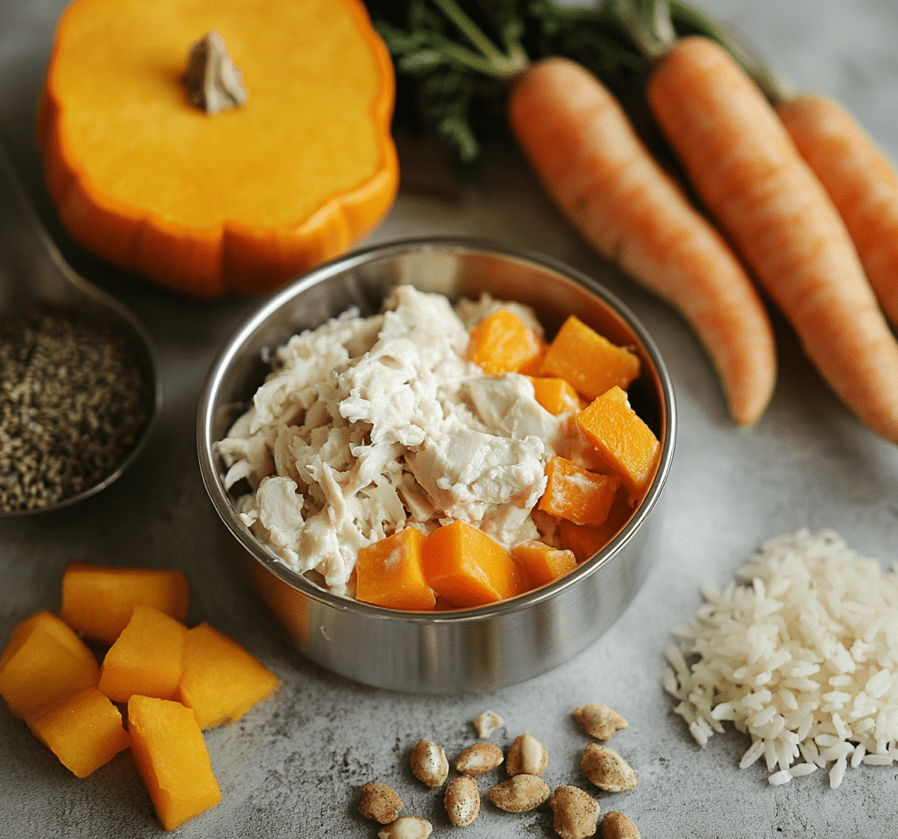
Ingredients:
- Boneless Chicken 1kg (with heart & liver)
- Fish 500gm (any)
- Eggshell powder 1t spoon
- Cooking oil 1t spoon
- Pumpkin 150 gm.
- Carrot 100gm
- Rice 50 gm.
Procedure:
Take a pot with a lid and fill water. Then turn on the stove. And add all ingredients without eggshell powder. Cook it very well until fully boiled. After that remove the pot from the stove and wait for 30 minutes for cooling. Then remove the fishbone from the fish. Take a food processor and put all the ingredients in the food processor. Blend them very well. At last add 1t spoon eggshell powder and serve it.
Tips:
- You can store this meal for a week in a refrigerator. Must be add a small amount of water to hydrate your cat and make it warm before serving the meal after refrigeration.
- You can preserve fish bone for further use. Fishbone is a good source of calcium.
Special dishes:
Low-calorie chicken stew:
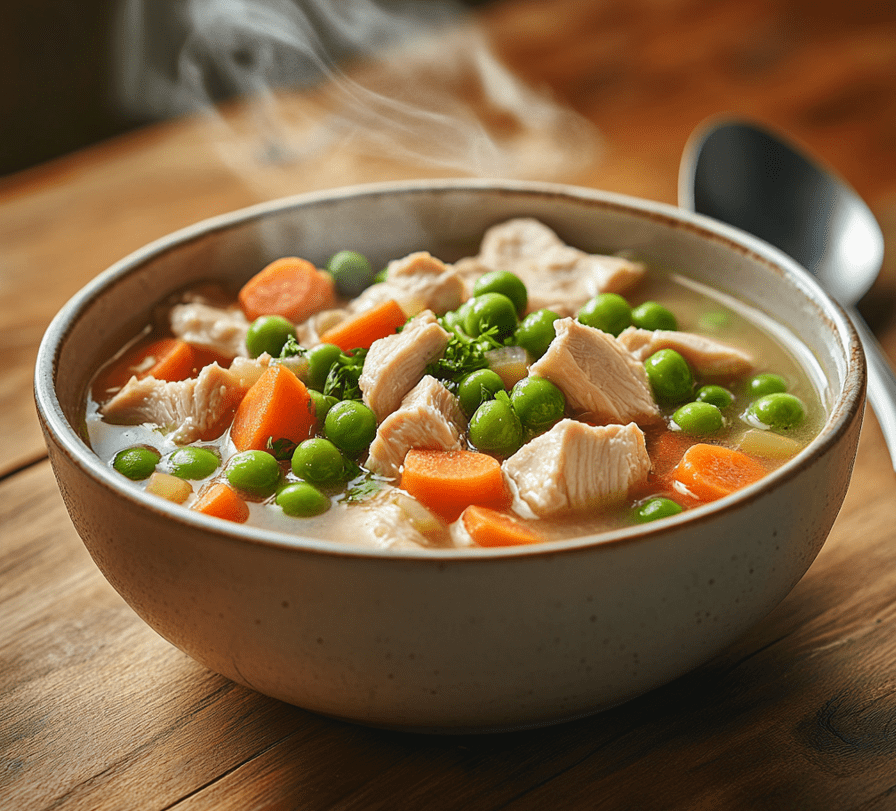
Ingredients:
- Skinless, boneless chicken breast 1 cup
- Carrots ½ cup
- Chopped Green Beans ½ cup
- Low sodium chicken broth 2 cup
- Peas ¼ cup
- Cooked steamed rice ¼ cup
Procedure:
Take a big pot, add diced chicken breast, and cook under medium flame until fully cooked. Add chopped carrots, green beans, and peas and stir them together. Add low-sodium chicken broth slowly and stir. Bring the mixer to boiling point. Then dim the heat and let it simmer for 20 minutes or until the vegetables are tender. Add and stir in the cooked brown rice. Let it simmer for 5 minutes. Now let it cool before serving.
Preparing homemade food for your cat may seem costly but not at all. You can easily prepare food for your cat by using what you find nearby. And they are so cheap. It provides proper nutrition and that will make your cat more healthy and playful. Homemade kitten food is much safer and healthier than any other commercial food. Moreover, making meals for your cat improves bonding with your cat.
